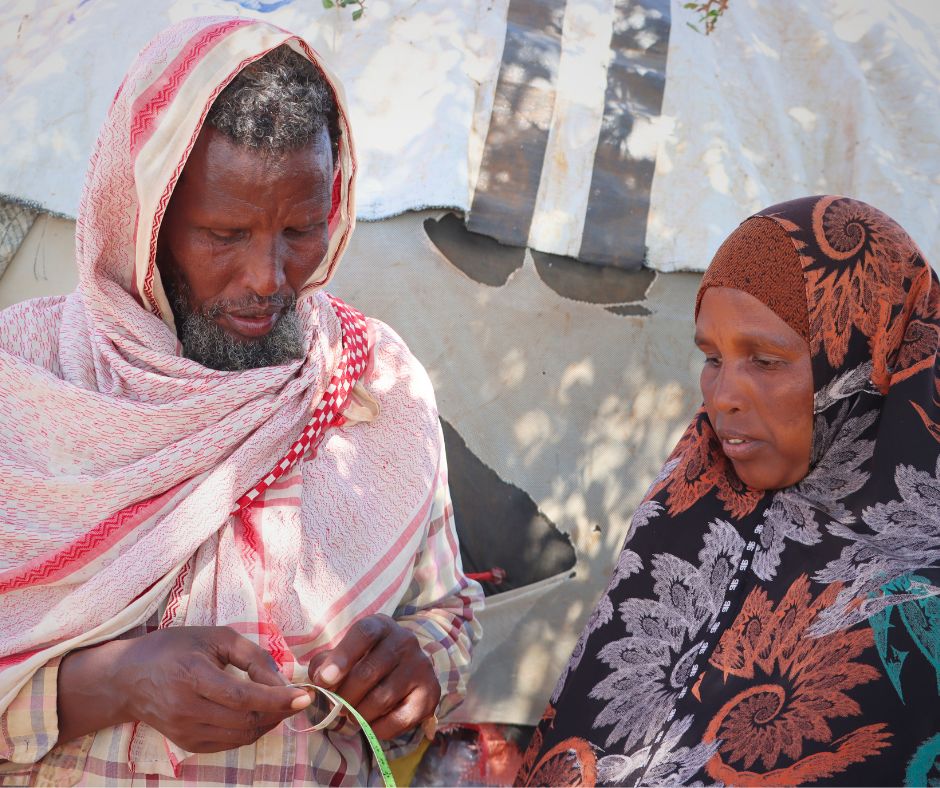“I thought I would never make it… but now, I hold my twin baby boys in my arms — alive.“
said Abshiro Abdullahi, a 25-year-old mother of five who underwent emergency care at SOS Children’s Villages Hospital in Mogadishu, Somalia, after developing serious complications during her sixth pregnancy.
Abshiro had always delivered her children at home in Raage Ceel, a rural village more than 100 kilometers from Mogadishu. Like many women in her community, she trusted traditional birth attendants—trained community members who support mothers during childbirth. But this pregnancy was different. Early on, she began to feel weak, and as the months passed, she experienced episodes of bleeding, a dangerous sign of pregnancy complications.
Concerned for her life, her family acted quickly. A relative who had seen other mothers receive life-saving care at SOS Children’s Villages Hospital urged them to make the journey. The family managed to transport Abshiro to the facility, where her condition was assessed as critical. She was diagnosed with a high-risk twin pregnancy, severe blood loss, and high blood pressure. Doctors immediately stabilized her with blood transfusions and medication, and within hours, she gave birth to twin boys.
However, both babies were born with birth asphyxia and low blood sugar—complications that required intensive neonatal care. They were rushed to the hospital’s neonatal unit, where they received specialized treatment and constant monitoring.
“It was a complicated delivery, but we had the resources and expertise to manage it,” said Faduma Osman, her midwife at SOS Hospital. “Without timely intervention, the outcome could have been very different.”
Abshiro and her babies were discharged safely a few days later after their condition normalized. Their survival is part of a larger effort to improve maternal and newborn health in Somalia through the CaafimaadPlus consortium, supported by EU Humanitarian Aid.
The consortium focuses on reaching vulnerable families in hard-to-reach and conflict-affected areas, offering them access to skilled care, emergency services, and referrals for high-risk pregnancies.
In Somalia, maternal mortality remains one of the highest in the world, with thousands of women and newborns at risk due to lack of access to health facilities, skilled care, and transport. Many families live hours away from functioning hospitals, and harmful cultural norms often delay or prevent women from seeking help.
The CaafimaadPlus Consortium, through partners like SOS Children’s Villages, is helping to change that. By integrating community outreach, maternal health services, and emergency obstetric care, the program is creating lifelines for families like Abshiro’s.
In just four months, the neonatal unit at SOS Hospital has treated 248 critically ill newborns, and the maternity wing helps nearly 600 women give birth safely each month. With continued support, these numbers are growing.
Abshiro didn’t just survive — she made it through with her sons alive. Her story shows what timely care and real support can mean. Behind the numbers are mothers like her, fighting for a chance.







